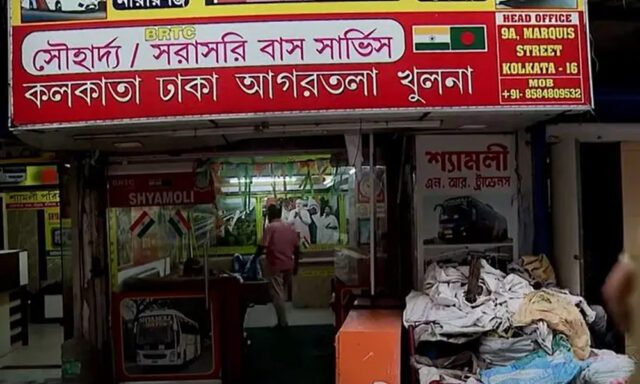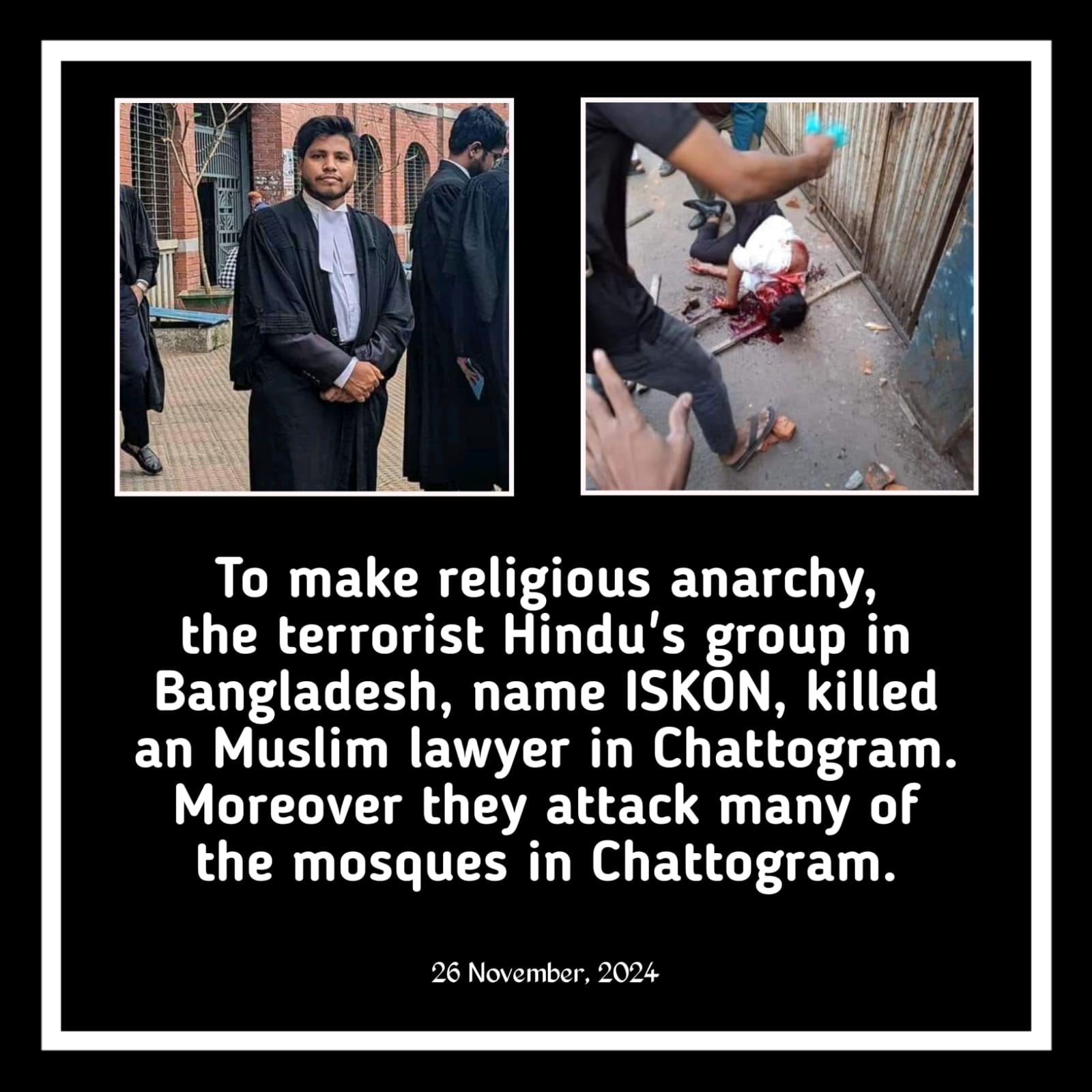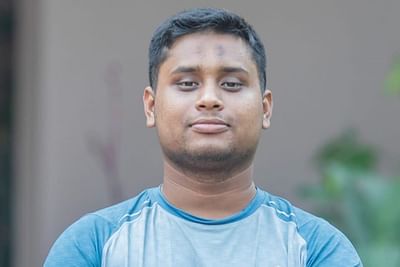Many businesses in Kolkata are struggling due to the absence of Bangladeshi tourists. Just two months ago, areas like New Market and Marquis Street were bustling with Bangladeshi visitors. However, since July, following protests and violence over quota reform in Bangladesh, coupled with a curfew and Sheikh Hasina’s departure from the country, the flow of Bangladeshi tourists has sharply declined. A significant factor is that the Indian High Commission has not fully resumed issuing visas in Bangladesh, limiting travel to those with medical needs or pre-existing visas.
Bangladeshi tourists typically frequent areas like New Market, Marquis Street, and Mukundapur, where they shop and seek medical treatment. Business owners in these areas, including Ashok Gupta, the secretary of the New Market shopkeepers’ association, report that sales have dropped by 60% over the past month. He attributes this decline not only to the visa situation but also to a high-profile case of rape and murder at Kolkata’s R.G. Kar Medical College, which has unsettled local shoppers.
Similarly, the hotel and service industry in Marquis Street, which caters primarily to Bangladeshi tourists, has seen occupancy rates plummet from 60-80% to just 30%, according to Manotosh Sarkar, a leader of the local hotel owners’ association. Bus services bringing Bangladeshi tourists are also operating at reduced capacity.
The slowdown in tourism is reminiscent of the pandemic period, with business owners unsure how long this situation will persist. Many are now considering ways to attract customers from other regions to make up for the loss of Bangladeshi visitors.
The healthcare sector has also been affected. Many Bangladeshis travel to Kolkata for medical treatment, but hospitals report a significant drop in patients. Manipal Hospitals, which normally sees around 2,100 Bangladeshi patients per month, has experienced a one-third reduction in this number. Although medical visas are still being issued, the volume of patients remains low compared to previous months.
The areas around Kolkata’s hospitals, which have developed an entire service industry catering to Bangladeshi patients—including hotels, restaurants, and pharmacies—are also facing uncertainty. Many livelihoods depend on the influx of patients from Bangladesh, and until visa processing returns to normal, this uncertainty will likely continue.










